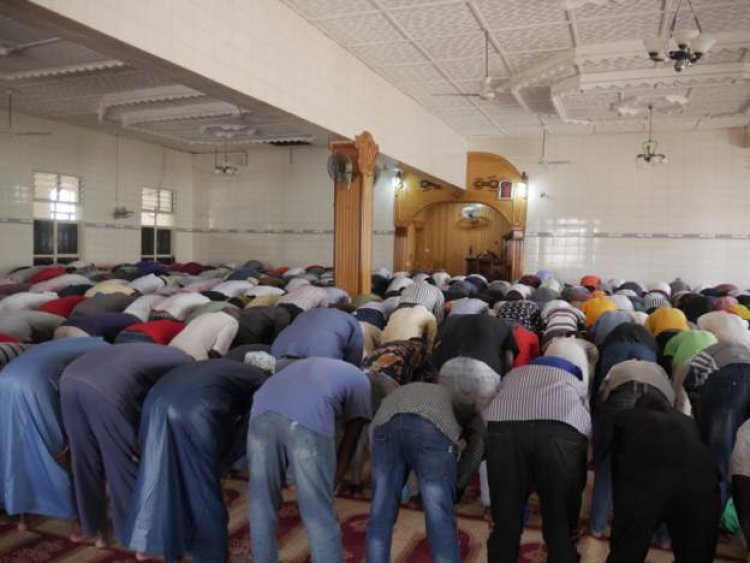For Rwanda's Muslims, there is no call to prayer in the morning.
Residents have complained about the earliest call to prayer, which occurs between 04:30 and 04:49 and lasts roughly two or three minutes, according to Rwandan officials.

Early morning calls to prayer are not being issued to Muslims in Rwanda during the holy month of Ramadan, and may never be.
Authorities outlawed the use of loudspeakers in mosques in the early hours of the day last month, citing noise pollution rules prohibiting noise levels of more than 55 decibels during the day and 45 decibels at night in residential areas.
"The ruling infringed on our right to practice our faith," says Zaina Mukamabano, 55, of Kigali, Rwanda's capital. She claims that this is the first time in her life that she has not heard the call to prayer, or "adnan" in Arabic, in the mornings during Ramadan.
The practice of mounting loudspeakers atop mosque minarets began in Asia in the 1930s and quickly expanded around the world. Every day, five calls are made to call the faithful to their five daily prayers.
Residents have complained about the earliest call to prayer, which occurs between 04:30 and 04:49 and lasts roughly two or three minutes, according to Rwandan officials.
"We are dissatisfied... During Ramadan, it is adhan that signals the start of fasting, and not all Rwandan Muslims have alarm clocks "Nuhu Bihibindi, another local, agrees.
"Just like they urge bars to regulate the volume on their music," Ms. Mukamabano argues, the government could have simply told mosques to turn down the volume.
"Adhan is our culture, our faith; prohibiting it upsets Muslims; not having it during Ramadan is much more difficult," she explains.
Issa Karim Mugabo, a Kigali resident, says he and others are considering bringing the government to court.
Muslim leaders had already discussed the problem with the government, according to Sheikh Souleiman Mbarushimana, an advisor to Rwanda's mufti, or Islamic scholar.
"Muslims claim that their religious freedom has been abused... However, the authorities have informed us that [the morning call to prayer] is prohibited for the greater good "According to Mr. Mbarushimana.
"We said we had to comply and move on since our faith also requires us to follow the authorities' decision," said the group.

 Boakyewaa Lawrencia
Boakyewaa Lawrencia 



































